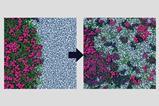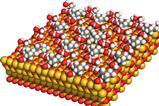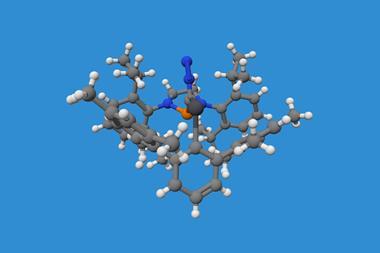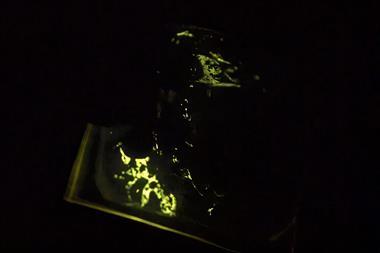In this webinar recording, Yuling An – product manager of machine learning and informatics for materials science at Schrödinger, Inc – demonstrates that machine learning, which often ignores the underlying physics, and physics-based modelling, which may require intensive computing resources, can naturally complement each other to create not only predictive models but also new materials with desired properties over an extensive design space.
The growing urgency to digitise and make use of existing data, both from experiments and from simulations, through machine learning, also heightens the need of materials informatics platforms, which bring together automated computational workflows with data analysis and collaboration to make materials innovation more efficient and successful. Examples include recent progress in de novo OLED materials design and prediction of molecular volatility using Schrӧdinger’s materials informatics platform, LiveDesign.
By watching this webinar recording you will:
- Learn how the integration of Schrödinger’s machine learning technologies with physics-based modelling can be utilized to predict properties of new materials
- Hear about examples of recent progress in de novo OLED materials design
- Learn about the need for materials informatics platforms including Schrödinger’s LiveDesign solution

Speaker: Yuling An, Schrödinger

Schrödinger is a leading provider of advanced molecular simulations and enterprise software solutions and services for its clients in the materials science research space. Schrödinger also establishes deep partnerships and collaborations with companies in such fields as petrochemical, semiconductor, aerospace, and specialty chemicals. Founded in 1990, Schrödinger has nearly 500 employees and operations in the United States, Europe, Japan, and India, as well as business partners in China and Korea.



















